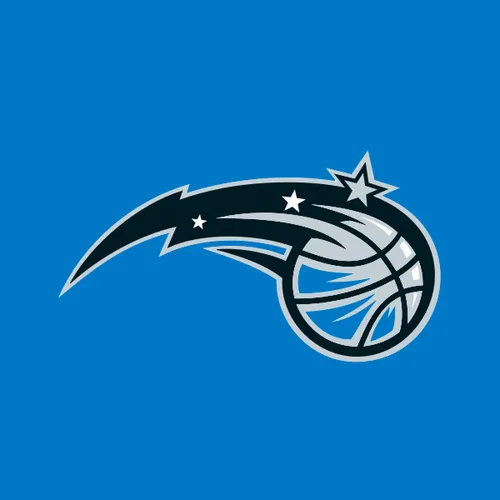







Logistics Jobs in the Sports Industry: A Quick Guide
Introduction
The sports industry is a complex, multifaceted domain that relies heavily on logistics to keep events running smoothly and efficiently. Logistics professionals in the sports industry are responsible for overseeing the transportation, accommodation, and management of equipment, personnel, and other resources required to support sporting events, teams, and athletes. This comprehensive guide will introduce you to the world of sports logistics, exploring the roles available, salary expectations, essential skills, and tips for landing a job in this exciting field.
The Role of Logistics Professionals in the Sports Industry
Logistics professionals in the sports industry play a crucial role in ensuring that events, teams, and athletes have everything they need to succeed. They coordinate the transportation of equipment and personnel, manage inventory, and oversee the allocation of resources such as accommodation and catering. In addition, they often work closely with other stakeholders, such as event organizers, sponsors, and venue managers, to ensure that all logistical aspects of an event are well-coordinated and executed.
Types of Logistics Jobs in the Sports Industry
Event logistics coordinators are responsible for organizing the transportation and accommodation for athletes and staff during events. This includes coordinating travel schedules, booking flights and ground transportation, and ensuring accommodations meet the specific needs of athletes and staff, such as dietary requirements or accessibility needs.
Equipment managers maintain, transport, and distribute team and athlete equipment. They ensure that all necessary gear, such as uniforms, protective gear, and sport-specific equipment, is properly maintained, safely transported to events, and readily available for athletes and team members when needed.
Warehouse and inventory managers oversee the storage and distribution of sports equipment and merchandise. They are responsible for managing the inventory of athletic gear, team uniforms, and other products related to the sports industry. Additionally, they ensure that items are stored properly, track inventory levels, and coordinate the shipping and receiving of goods.
Travel coordinators are responsible for organizing team and athlete travel arrangements. This includes booking flights, hotels, and ground transportation, as well as managing any changes to travel plans due to unforeseen circumstances. Travel coordinators also handle any travel documentation, such as passports and visas, and work to ensure that athletes and staff have a seamless travel experience.
Supply chain managers ensure the efficient procurement and distribution of resources within the sports industry. They work closely with suppliers, manufacturers, and distributors to negotiate contracts, manage orders, and monitor delivery timelines. Supply chain managers also analyze data to identify opportunities for cost savings and process improvements, ensuring that organizations have the necessary resources to support their operations and growth.
Salaries in the Sports Industry Logistics Sector
Entry-level logistics positions in the sports industry typically offer salaries ranging from $30,000 to $40,000 per year. Junior-level roles may see salaries in the $40,000 to $50,000 range, while intermediate-level positions can command salaries between $50,000 and $70,000. Senior-level logistics professionals in the sports industry can expect to earn upwards of $70,000 to $100,000 or more, depending on their level of expertise and the size of the organization they work for.
Essential Skills for Success in Sports Industry Logistics
Strong organizational and planning abilities
Excellent communication and interpersonal skills
Problem-solving and critical thinking capabilities
Ability to work well under pressure and meet tight deadlines
Knowledge of transportation, warehousing, and inventory management
Familiarity with relevant software and technology tools
Tips for Landing a Logistics Job in the Sports Industry
Gain relevant experience through internships or part-time roles in the sports or logistics sectors using Rebound.
Network with professionals in the sports industry, attending industry events, and joining relevant online forums and social media groups.
Develop a strong resume and cover letter that highlight your logistics skills, experience, and passion for sports.
Pursue professional development opportunities, such as industry certifications or training programs, to enhance your skillset and stand out to potential employers.
Stay informed about industry trends and developments, demonstrating your knowledge and commitment to the field during interviews and networking opportunities.
Conclusion
Logistics professionals in the sports industry play a vital role in ensuring that events, teams, and athletes have the resources and support they need to thrive. By understanding the types of roles available, salary expectations, essential skills, and tips for landing a job, you can embark on an exciting career in this dynamic, fast-paced sector of the sports industry.


























